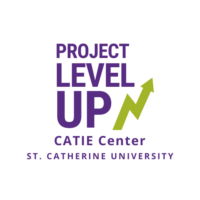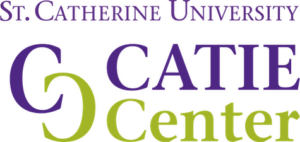Introduction to Pharmacology and Medical Terminology
This course opens for enrollment on June 1, 2025 and closes on June 30, 2025.
This module is closed. We will offer this opportunity in 2026.Description: The ability to describe varying kinds of medications as well as human anatomy are foundational skills for ASL/English interpreters to work effectively in healthcare settings. This 20 hour module is an introduction to pharmacology and how medications impact the body. It also addresses terminology origins, medical roots, suffixes, and prefixes, and applies those terms to the body systems which they affect. Medication dosing will provide interpreters with a working knowledge of medications used in medical settings and how to accurately relay medication information, e.g., medication dosing, dosing intervals, duration, tapering and side effects.
Learning Objectives:
- Determine the meaning of stem words to break down complex medical terms and their components to decipher the meaning.
- Apply common medical terms and understanding of healthcare systems to sight translate a medical questionnaire.
- Describe the structure of the body, from simplest to most complex.
- Identify common impacts of trauma within the D/deaf, DeafBlind and hard of hearing communities.
Time commitment
This module will require about 20 hours of work. There are no set meeting times. All work must be completed by 11:59pm on June 30.
Course Outline:
- Resources and Support
- Pre-assessment
- Foundations of Pharmacology and Medical Terminology
- Compliance
- Medical Terminology
- Anatomy
- ASL Dictionaries
- Post-assessment
Technology requirements
Our webshops and modules are offered through Canvas, an online learning management system.
- You must have high-speed internet access and a tablet or computer that supports:
- Ability to work online and type or video record discussion posts.
- Ability to record videos.
- Ability to upload videos to YouTube for sharing with others in Canvas.
- Ability to access streamed video content.
Enroll
There is no cost to access this offering.
Modules are offered on demand once opened. Enrollment will remain open until June 30.
Please note: This module requires 20 hours of work and must be completed by June 30.
All our self-directed tracks are open enrollment which means it is not limited to a specific number of participants.
Forgot your password? Click here to reset
CEUs
To be eligible for CEUs you must complete the pre-assessment, watch all the videos, complete self-reflection activities and quizzes, and complete the post-assessment by 11:59pm on June 30.

St. Catherine University is a RID-approved CMP sponsor. This webshop is approved for 2.0 professional studies and PPO CEUs.
CEUs will be posted by July 18, 2025.

Project: US Department of Education RSA
The project contents; however, do not necessarily represent the policy of the Department of Education, and you should not assume endorsement by the Federal Government. (Authority: 20 U.S.C. 1221e-3 and 3474).
Skills: Medical
Type: Module

